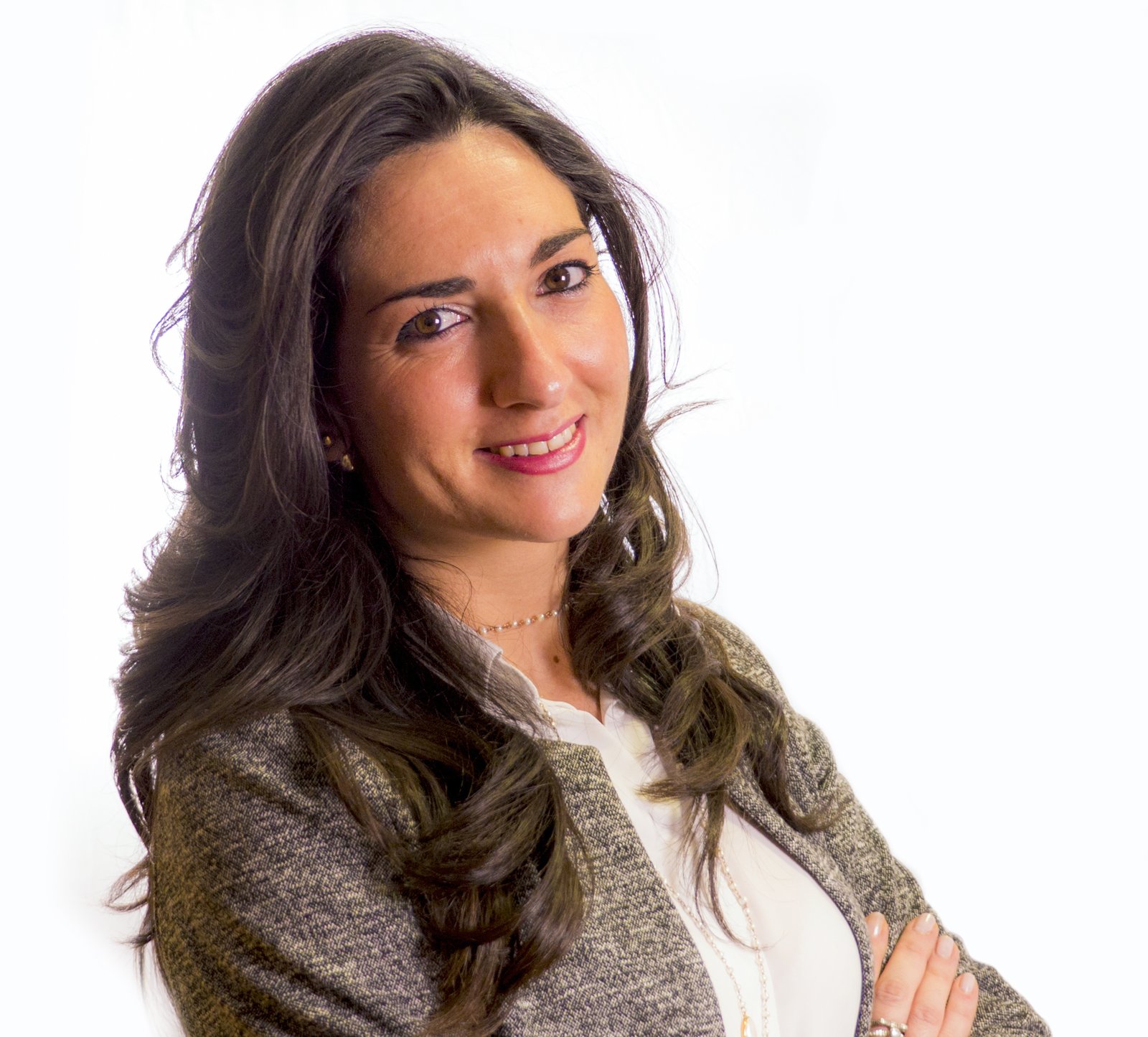UCAmI 2022
14th International Conference on Ubiquitous Computing and Ambient Intelligence
November 30th to December 2nd, 2022 - Hotel Hesperia - Córdoba (Spain)

Dr. Oscar Mayora.
Keynote title: Patients Empowerment through Virtual Coaching Technologies
Abstract: In the last few years there has been an increasing interest in the general public concerning personal health. This has been reflected in the development of a large number of applications aiming to help citizens to adopt and maintain a healthy lifestyle (e.g., have a correct diet, do physical activity, lose weight) and to better manage specific behaviors impacting on the evolution of diagnosed diseases.
Many of these applications are focused on persuasion strategies such as self-monitoring, goal-setting, giving rewards and increase of self-awareness, to motivate people to adopt virtuous behaviors. While most of these applications have been rendered available through online market environments without a formal connection to healthcare delivery, its use has been mainly limited to a reduced group of very motivated patients and clinicians, but still is far to achieve their broader potential outreach through a thorough integration into mainstream healthcare provisioning.
This talk will focus on describing the main characteristics of FBK HORUS.AI virtual coaching technology, how it has been used for user empowerment in different prevention and disease management contexts, and the current work conducted for its integration as an innovative service in the Italian Trentino region.
Keynote title: Patients Empowerment through Virtual Coaching Technologies
Abstract: In the last few years there has been an increasing interest in the general public concerning personal health. This has been reflected in the development of a large number of applications aiming to help citizens to adopt and maintain a healthy lifestyle (e.g., have a correct diet, do physical activity, lose weight) and to better manage specific behaviors impacting on the evolution of diagnosed diseases.
Many of these applications are focused on persuasion strategies such as self-monitoring, goal-setting, giving rewards and increase of self-awareness, to motivate people to adopt virtuous behaviors. While most of these applications have been rendered available through online market environments without a formal connection to healthcare delivery, its use has been mainly limited to a reduced group of very motivated patients and clinicians, but still is far to achieve their broader potential outreach through a thorough integration into mainstream healthcare provisioning.
This talk will focus on describing the main characteristics of FBK HORUS.AI virtual coaching technology, how it has been used for user empowerment in different prevention and disease management contexts, and the current work conducted for its integration as an innovative service in the Italian Trentino region.

Dr. Diana Trojaniello.
Keynote title: Designing Smart Health technologies for elderly population
Abstract: Over the recent years, interest toward the development of Smart Health technologies aimed to support independent living for older population has been increased. Smart Health is a concept referring to the multi-dimensional change that the medical care is facing as a result of the integration of mobile (e.g. smartphone), wearables (e.g. fitness band), smart medical devices (e.g. smart blood pressure monitor) and home smart devices (e.g. sensor mattress). The application’s area of these systems ranges from the health parameters monitoring systems during daily life activities to provide insights to the clinicians to smart home solutions to overcome age related limitations. Designing such integrated systems requires to address several aspects (e.g. equipment selection, data management, analytics, costs, and users’ needs) and to involve different areas of expertise (e.g. medical science, biomedical and computer engineering, user centered design, etc.), still focusing on the end users’ needs and acceptance.
This talk will focus on describing the approach adopted in two H2020 projects (SilverStream and SMARTBEAR) in designing the functionalities of Smart Health platforms addressing chronic conditions prevalent in the older population (e.g. cognitive impairments, mental health problems, balance disorders, motor limitations) by taking into account both older adults’ and clinicians’ perspectives.
Keynote title: Designing Smart Health technologies for elderly population
Abstract: Over the recent years, interest toward the development of Smart Health technologies aimed to support independent living for older population has been increased. Smart Health is a concept referring to the multi-dimensional change that the medical care is facing as a result of the integration of mobile (e.g. smartphone), wearables (e.g. fitness band), smart medical devices (e.g. smart blood pressure monitor) and home smart devices (e.g. sensor mattress). The application’s area of these systems ranges from the health parameters monitoring systems during daily life activities to provide insights to the clinicians to smart home solutions to overcome age related limitations. Designing such integrated systems requires to address several aspects (e.g. equipment selection, data management, analytics, costs, and users’ needs) and to involve different areas of expertise (e.g. medical science, biomedical and computer engineering, user centered design, etc.), still focusing on the end users’ needs and acceptance.
This talk will focus on describing the approach adopted in two H2020 projects (SilverStream and SMARTBEAR) in designing the functionalities of Smart Health platforms addressing chronic conditions prevalent in the older population (e.g. cognitive impairments, mental health problems, balance disorders, motor limitations) by taking into account both older adults’ and clinicians’ perspectives.